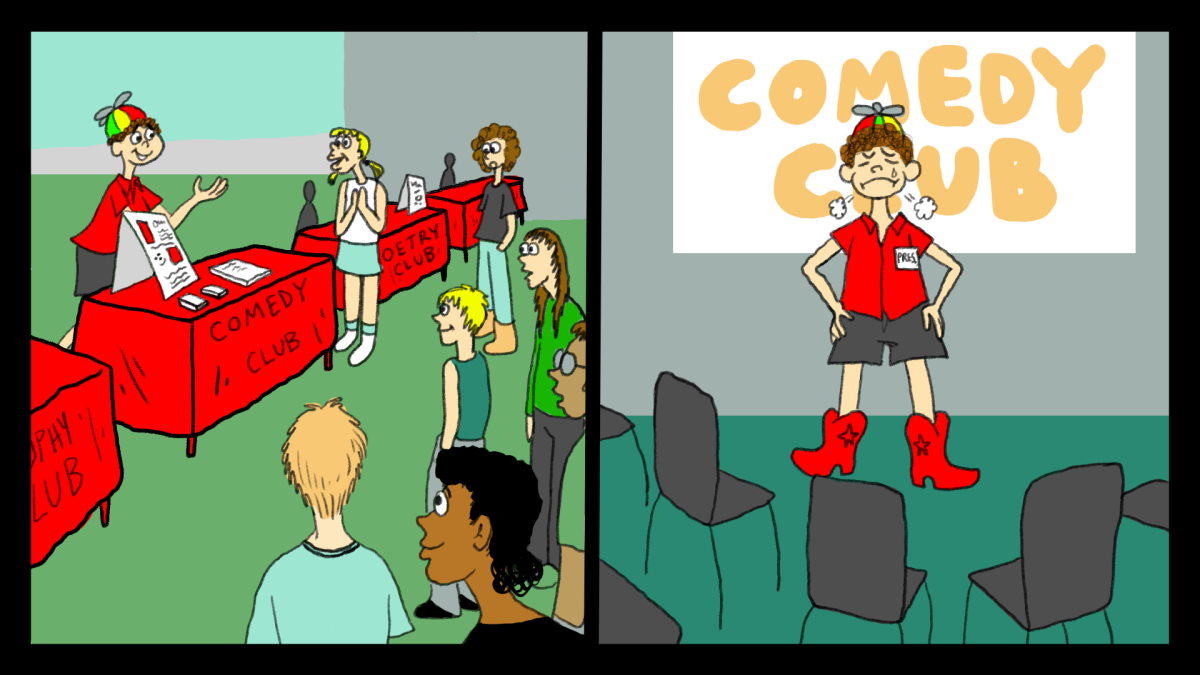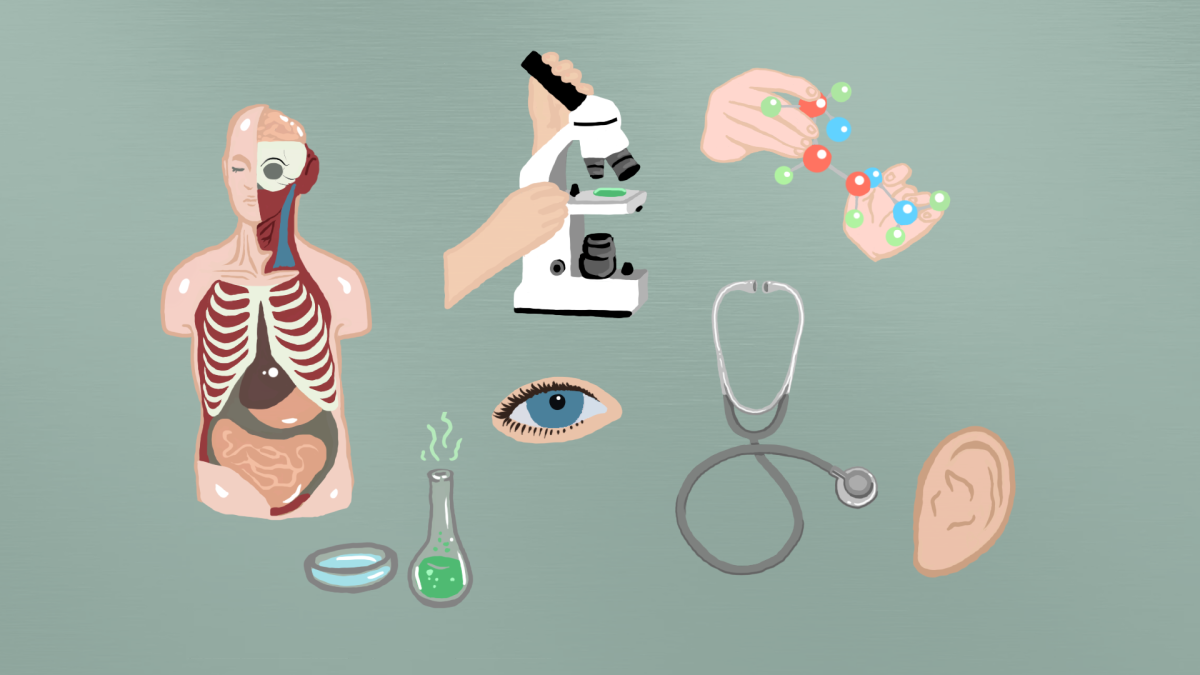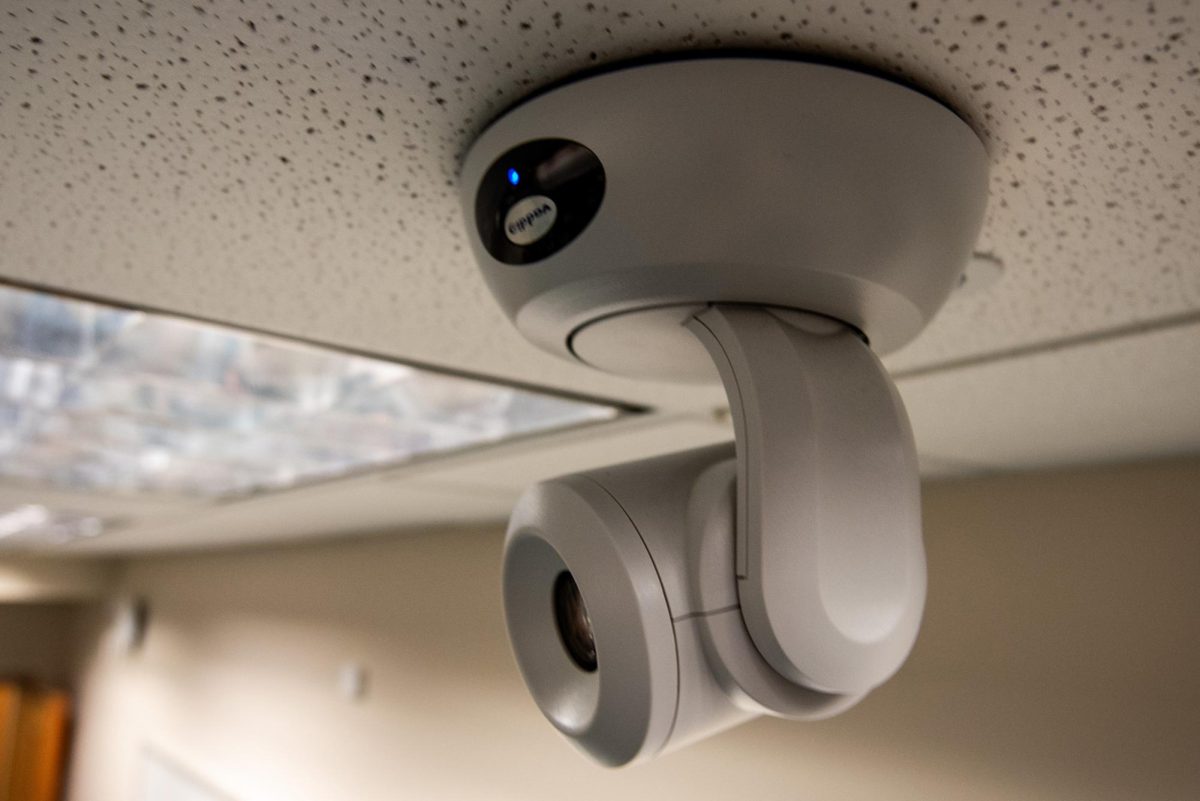Suicide: an epidemic that affects thousands and is the second leading cause of death of college students. Although it’s prevalent on college campuses, there’s something you can do to help prevent it.
Throughout the year, the NC State Counseling Center gives various trainings on how to recognize warning signs of distress in students. According to the Counseling Center, warning signs can be divided into three categories: verbal signs, behavioral signs and mood changes. Signs can include paying less attention to physical appearance, health or hygiene; missing class regularly; lacking interest or hope for the future; and irritable or angry behaviors.
These types of warning signs can be seen in a classmate even if you don’t see them outside of class. Within the short amount of time you see someone during the school year, you would be able to see these types of changes, and noticing these changes in behavior could save someone’s life. One classmate’s intervention into my own life pushed me to get the help I needed.
As mentioned in one of my previous Technician columns, I struggled with depression for many years before seeking medical help. Before being clinically diagnosed, I kept my worries and anxiety from most friends and family except for a select few. A combination of feeling ashamed of the emotional rollercoaster I was experiencing and a desire not to burden others made me hide my symptoms from the public’s view — or so I thought.
There was one week in particular last year that I felt the weight of the world on my shoulders. Everything seemed to be going wrong for me, and I could not stop an endless loop of worries from circulating inside my head.
After leaving one of my English classes, one of my classmates approached me. We’d chatted after class here and there, and I assumed she had a question about homework or something else related to class.
She pulled me aside and simply asked, “Are you okay?” Those three words made all the difference to me. The loop of worries began to get quieter.
She proceeded to say that she started to notice that I wasn’t acting as cheery as I normally did and how I was participating in class discussion less and less. Although we didn’t know each other very well, this classmate of mine noticed a change in my behavior that even my friends and family weren’t seeing. I thought I was hiding the pain I was going through, but a stranger saw through my mask.
It was soon after that moment that I decided to seek medical help for what I was going through. I realized how fake I was being for hiding my depression and began making my close friends and parents aware of what I was going through.
Since my classmate’s intervention into my life, I began to pay closer attention to the behavior of my classmates. I thought that since a classmate helped me, maybe I could help someone else.
According to national statistics, 24,000 suicide attempts on college campuses and 1,100 completed college student suicides occur per year nationwide. By being observant of your fellow Wolfpackers and speaking up when necessary, you can help prevent someone from hurting themselves or others.
If one is concerned about the safety of a classmate, roommate or colleague, NC State encourages its students to QPR — question, persuade, refer. QPR is a special training offered by the Counseling Center that is “community-based, nationally recognized, and empirically grounded suicide prevention program for students, faculty, and staff.”
The purpose of these trainings is learning “how to question a person about suicidal thoughts, persuade them to get help, and refer the person for help.” By attending these types of trainings, you will be able to be a vigilant classmate and friend on NC State’s campus.
Although I was not considering harming myself when my classmate approached me, I am so grateful for her intervening into my life. I was able to recognize my change in behavior and take appropriate action to help myself heal. She wasn’t afraid of embarrassment and put my needs before her own.
By becoming more knowledgeable on signs of emotional distress, NC State students can impact and help the lives of students struggling with mental health issues and possibly prevent someone from taking their own life. NC State needs more students like my classmate so they can help students like me.
For more information on Suicide Prevention Trainings call the Counseling Center at 919-515-2423 or register online for these workshops. Faculty and Staff can register with the Violence Prevention & Threat Management office.





